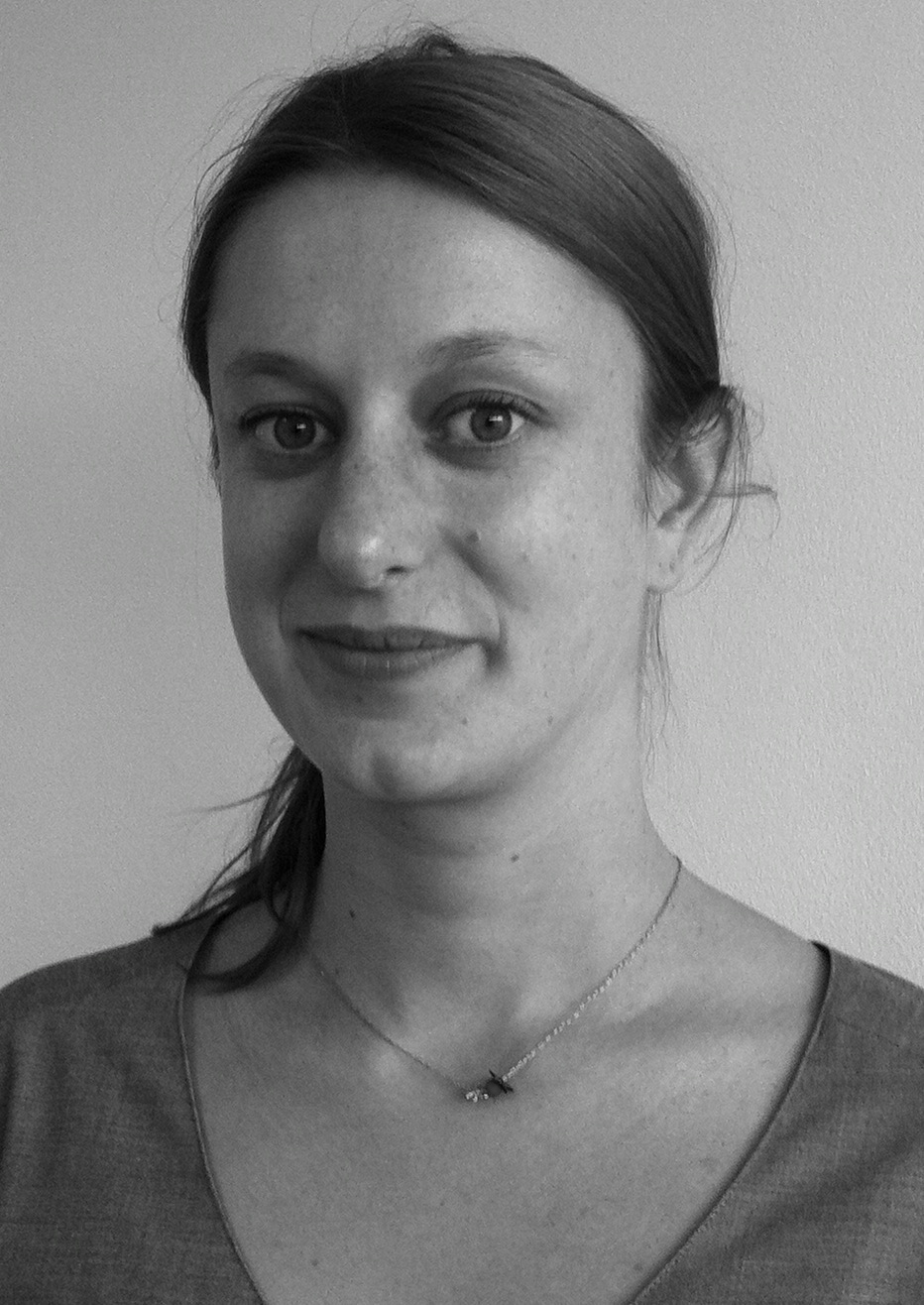
Prénom de l'expert
Clélie
Nom de l'expert
NALLET
Former Research Fellow, African Studies Center
Research areas:
- Socio-economic transformations
- African cities
- Middle classes
- Ethiopia, East Africa
Clélie Nallet is a former Research Fellow for the African Studies Center at Ifri. Her work focuses on African socioeconomic transformations and urban dynamics. She received her PhD from Sciences Po Bordeaux. Her thesis focused on Ethiopian middle classes.
She conducted several fieldwork researches in Addis Abbeba, Niamey, Abidjan and Kinshasa. She is also specialized in private sector issues in the global South and she has been editor in chief of the review Secteur Privé & Développement.
See more













